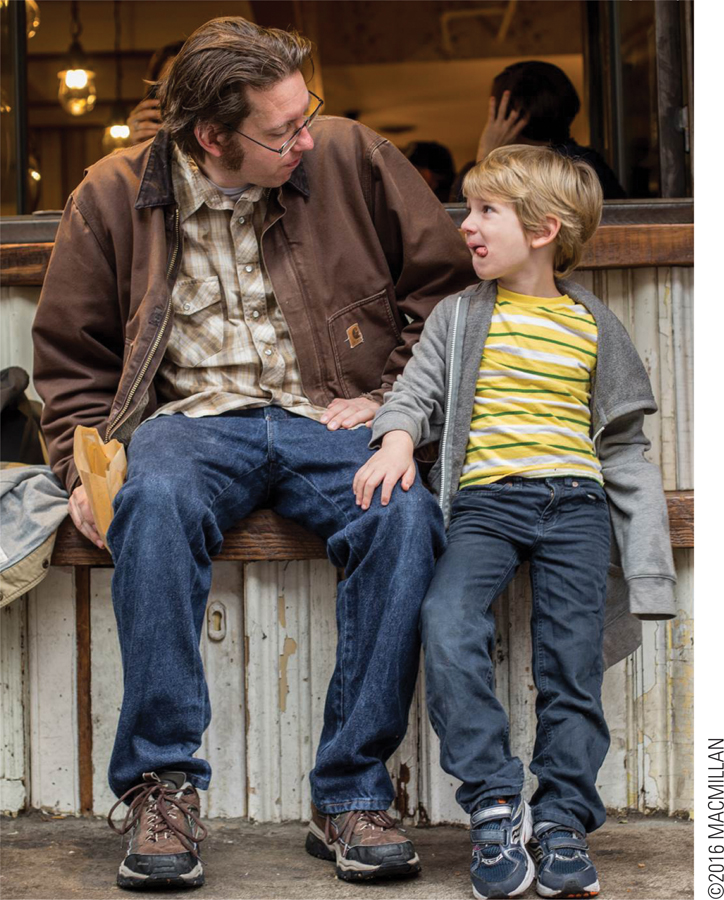Preface

My grandson, Asa, is in early childhood. He sees the world in opposites: male/female, child/grown-
Oscar, his father, knows better. He asked me if Asa really believes there are good guys and bad guys, or is that just a cliché. I said that most young children believe in simple, straightforward opposites.
Undeterred, Oscar told Asa that he knows some adults who were once bad guys but became good guys.
“No,” Asa insisted. “That never happens.”
Asa is mistaken. As he matures, his body will grow taller and become better able to sit with feet on the floor, not kicking. His thoughts will include the idea that people change as they grow older, a theme throughout this book. What Asa says “never happens” occurs every day—
Oscar is not alone in his awareness. Many folk sayings affirm development: People “turn over a new leaf,” are “born-
The complexity, the twists and turns, the endless variety of the human experience at every age is fascinating to me, which is why I continue to study human development and revise this textbook, with new insights as well as new words and topics in every edition.
We all have echoes of Asa in us: We want life to be simple, for people to be good guys. But life is not simple. Learning about human development helps everyone respond to life’s variations and influences, not with imaginary kicks but with wise responses. Knowledge does that. In a vivid example, Stephen Pinker (2011) finds that humans kill each other less now than they did in previous centuries; he cites education as one reason.
Education occurs in many ways. This textbook is only one of them—